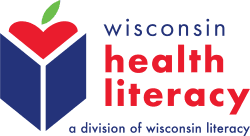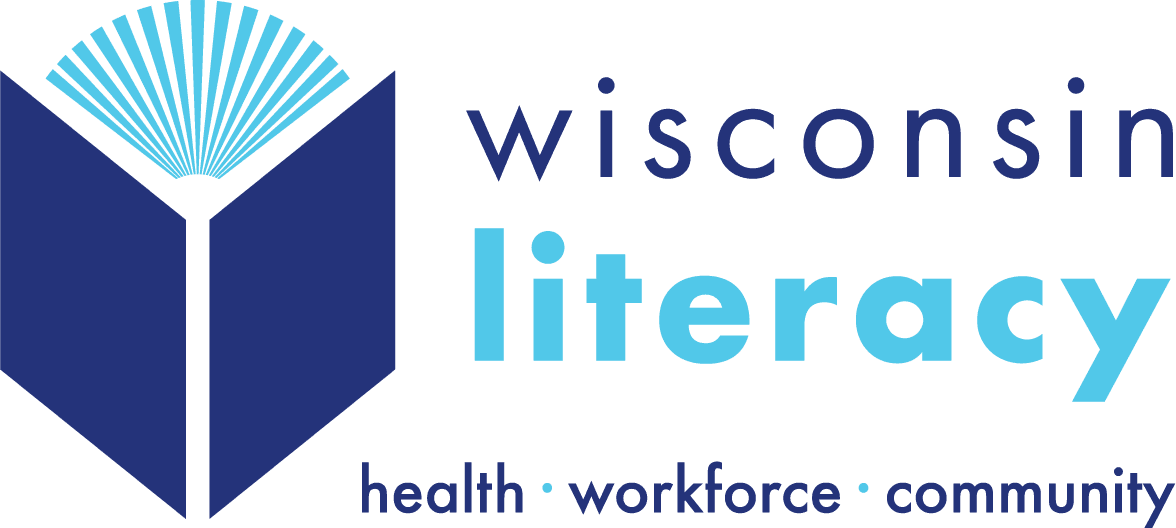Let’s Talk About Opioids
Wisconsin Health Literacy (WHL) partnered with 5 justice-involved facilities to develop a curriculum to help justice-involved individuals understand the risks of opioid overdose upon release from prison or parole, as well as resources available for alternate treatment.
WHL had originally planned to implement 4 workshops with each partner as follows: 1st workshop: WHL presents and a corrections' facilitator (inmate, facility/staff educator, or volunteer observes); 2nd workshop: WHL and corrections' facilitator co-present; 3rd workshop: Corrections’ facilitator presents and WHL staff observes and offers feedback; and 4th workshop: Corrections’ facilitator independently presents this and any future workshops.
However, due to COVID-19, the workshops could not be presented in the facilities. WHL pivoted and created new delivery methods that could be used now, including a train-the-trainer webinar and self-guided learning materials.
Download Let's Talk About Opioids toolkit.
Funding was provided by Wisconsin Department of Health Services Minority Health Program.
Please contact us for more information.
Note: These materials were developed for use in Wisconsin. Some content like the Good Samaritan Law may not be applicable to other states.
Sign up for our Health Literacy Digest to get our latest news.

